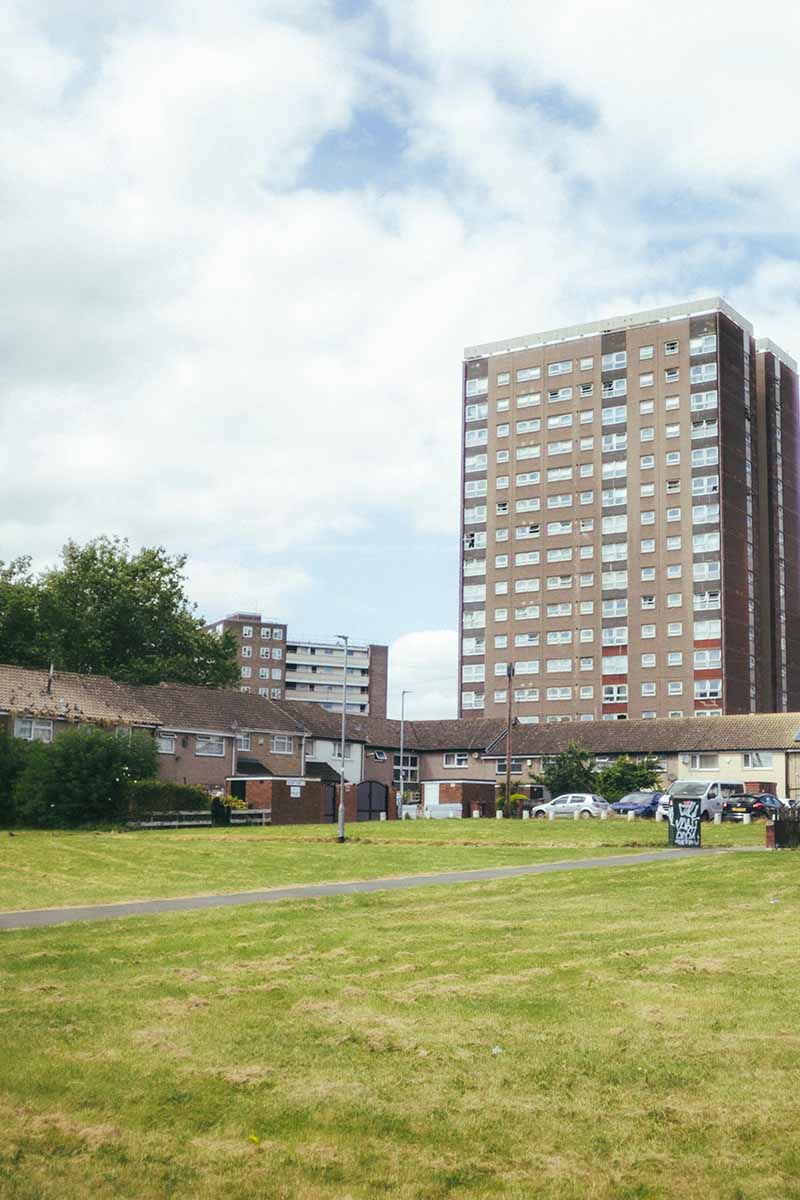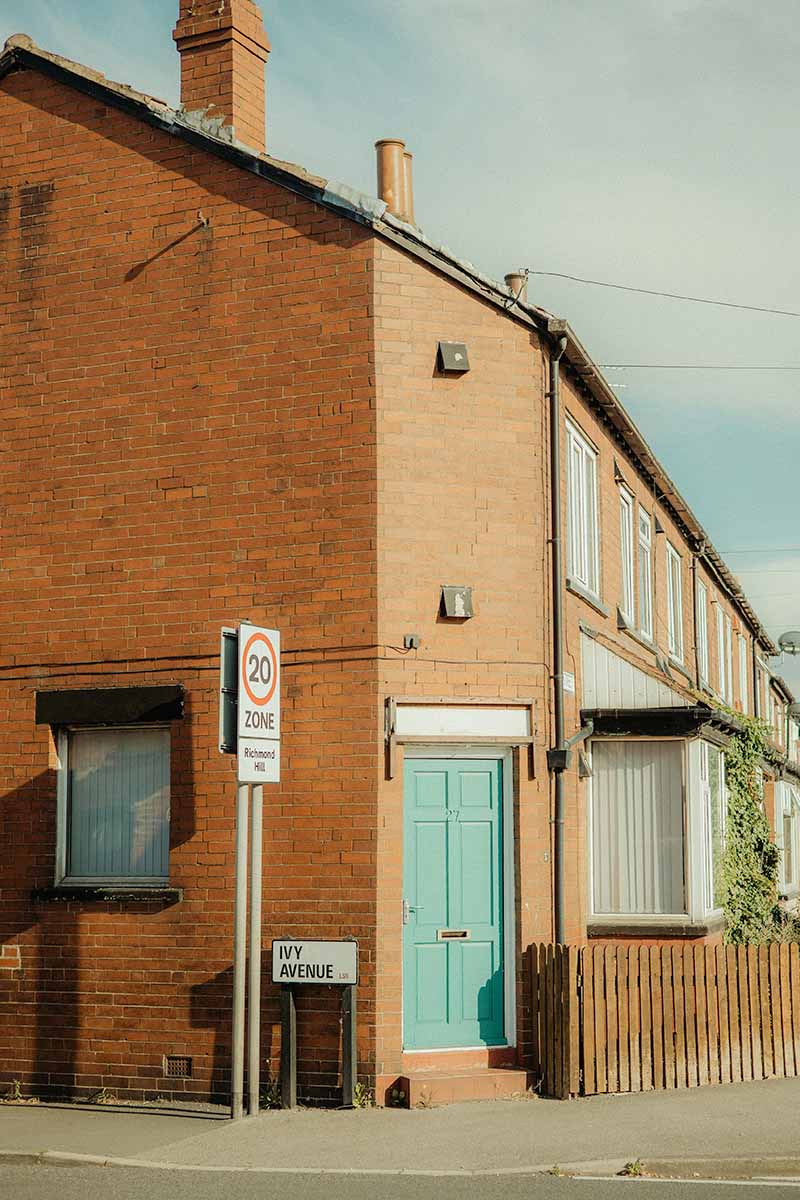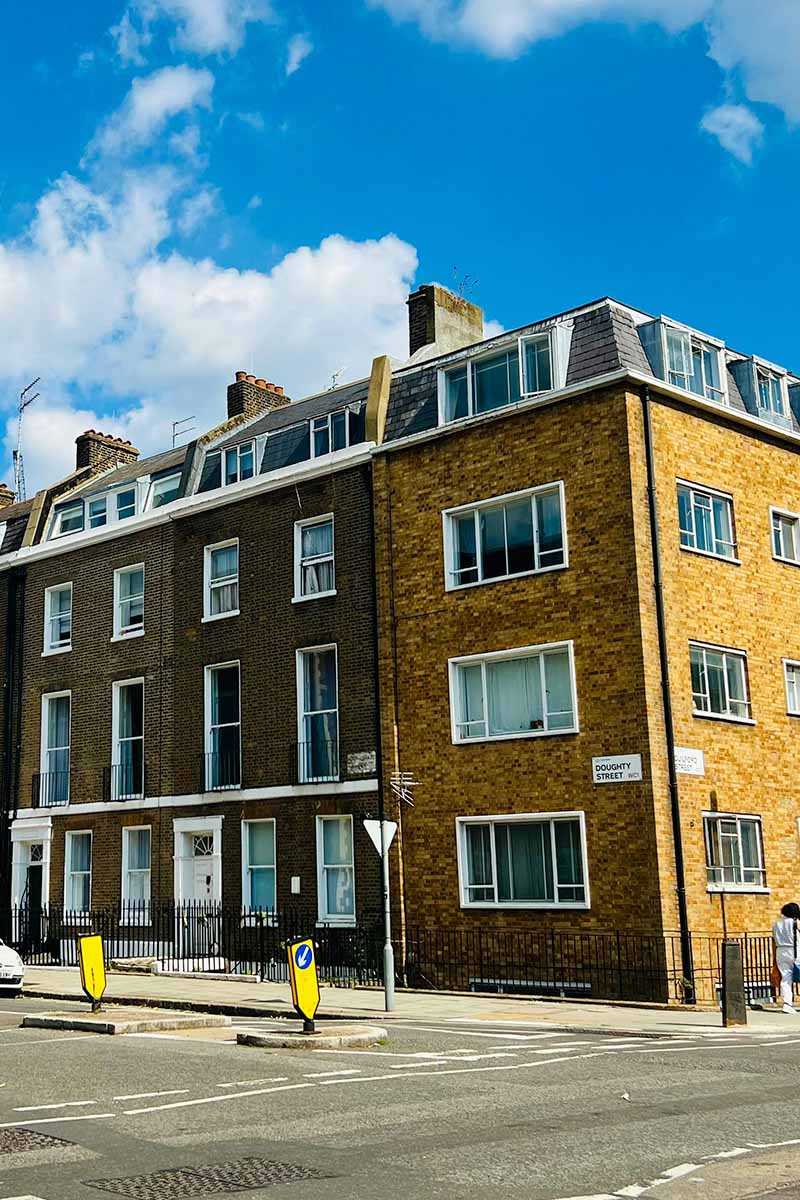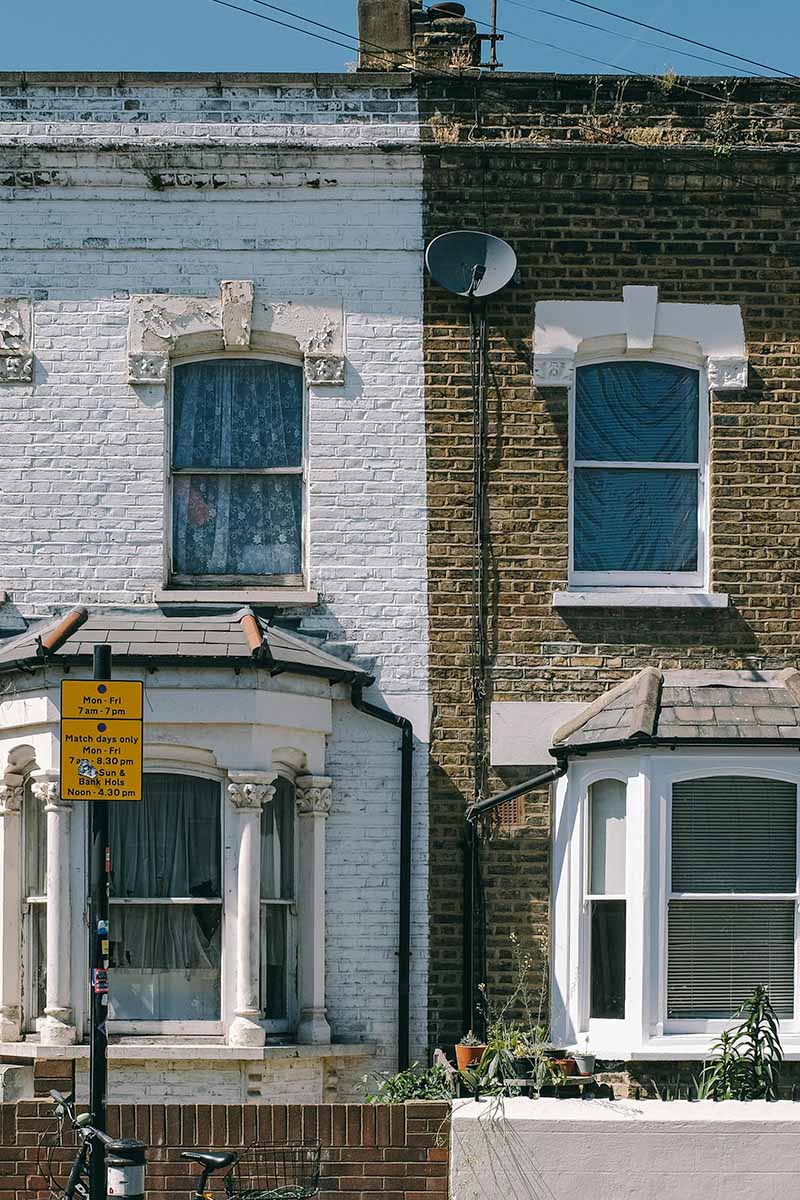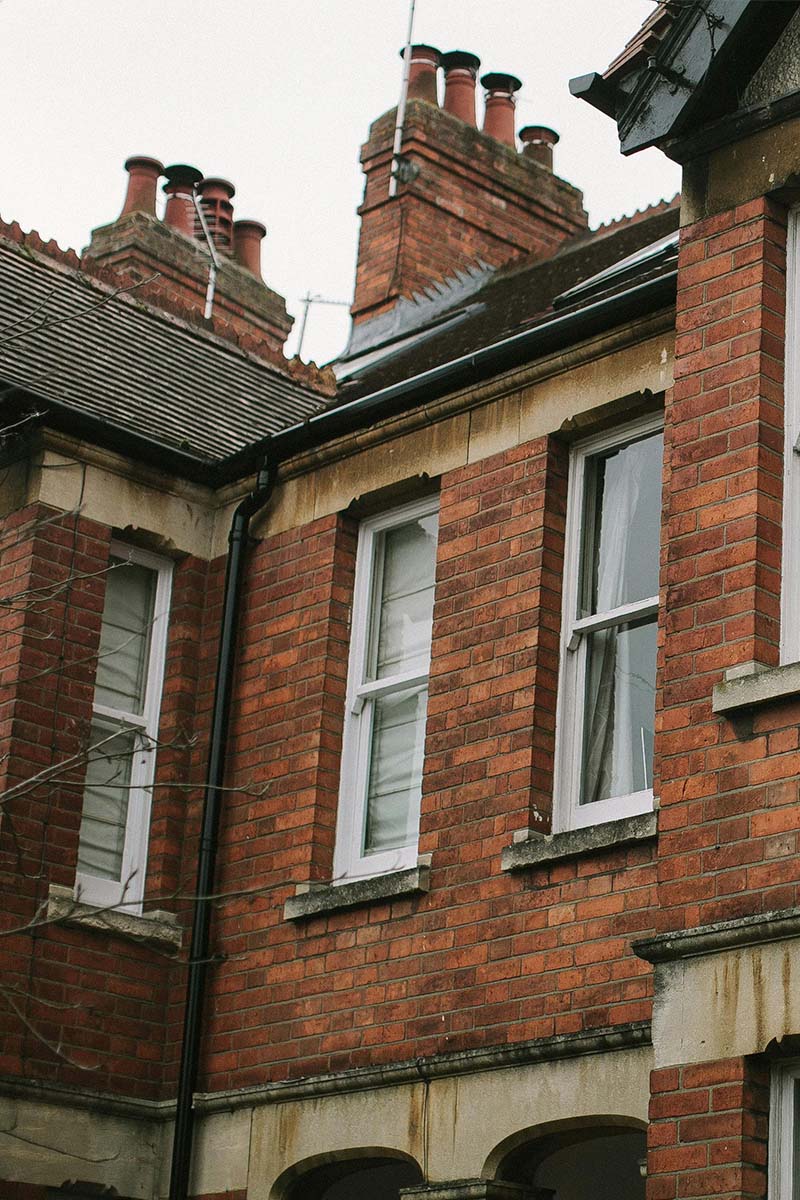What happens if you lose your job and have a mortgage in the UK?
Losing your job can be incredibly stressful, especially when you still have mortgage payments to make. But losing your income doesn’t mean you’ll automatically lose your home. Lenders are required to work with borrowers who are struggling, and there are several government schemes and practical options that could help you manage the situation.
If you're worried about paying your mortgage after losing your job, here's what you need to know:
Key points include:
- You remain responsible for your mortgage payments, but support is available.
- Contact your lender immediately to access the widest range of options.
- Government help, like Support for Mortgage Interest (SMI), may be available if you claim certain benefits.
- Mortgage payment protection insurance may cover your payments temporarily.
- Repossession is a last resort — not the first step.
- Selling your house may be an option if you can’t afford it long-term.

Tell your mortgage lender as early as possible
The first and most important step is to speak to your mortgage provider as soon as you think you may struggle to pay. Lenders are required to treat you fairly and consider your circumstances.
Why early contact matters:
- It doesn’t affect your credit score to reach out.
- You’ll get access to more flexible support options.
- It keeps you eligible for government-backed schemes, including support under the Mortgage Charter.
- It may prevent missed payments from escalating into arrears or repossession proceedings.
Lenders can offer a range of tailored solutions, including:
- Temporary payment holidays.
- A switch to interest-only repayments.
- Term extensions to reduce monthly payments.
- Reduced or part-payment arrangements.
Simply waiting and hoping things improve can narrow your options and harm your credit file. Early contact is always better than falling behind.
Support for Mortgage Interest (SMI)
If you’re claiming certain benefits, you may qualify for the Support for Mortgage Interest (SMI) scheme — a government loan that helps cover interest on your mortgage.
Key facts about SMI:
SMI can help reduce your monthly payments, but it is a loan — not a grant — and must be repaid later.
Breathing Space Scheme (Debt Respite)
The Breathing Space scheme offers temporary protection from creditor action if you're struggling with debt.
Key features:
- 60 days of protection from enforcement by your mortgage lender or other creditors.
- No additional interest, fees, or charges during this period.
- Time to seek debt advice and explore long-term solutions.
This must be arranged through a registered debt adviser. It's a useful tool if you need short-term space to get your finances under control.
Save time and hassle by selling your home with us
Get a guaranteed cash offer on any property in England and Wales. All you need to do to get started is enter your address below.
Do you have mortgage payment protection insurance?
If you’ve previously taken out mortgage payment protection insurance (MPPI), check if it includes unemployment cover. If it does, you may be able to claim to cover your mortgage payments for a limited period such as 12 to 24 months.
MPPI often comes in different forms, including:
- Unemployment only.
- Accident, sickness, and unemployment.
- Income protection (broader cover).
What about repossession?
Repossession is not automatic and is typically treated as a last resort. Your lender cannot begin repossession proceedings until at least six months of missed payments have occurred, and even then, they must try to work with you before taking legal steps.
Typical repossession timeline:
- After 1 missed payment: Lender contacts you to discuss your situation
- After 3 missed payments: Formal arrears notices and warnings issued
- After 6 months missed: Court proceedings may begin if no solution is found
You’ll have multiple chances to work out a plan before your home is at risk. But the earlier you act, the better the outcome is likely to be.
Free professional advice
There are several organisations that offer free and impartial advice if you're worried about mortgage payments:
These services can help you negotiate with your lender, explore government support, and understand your legal rights.
Budgeting and financial planning
Creating a clear picture of your income and spending can make it easier to navigate financial difficulty. A simple budget helps you:
- Identify essential costs and non-essential spending.
- Prioritise your mortgage and utilities.
- Plan how long your savings or redundancy pay might last.
If you need help, many of the services listed above can provide budgeting tools and advice tailored to your circumstances.
Could selling your house be the right option?
If your situation is unlikely to change, and you can’t afford to keep the property, selling may be the best option to avoid falling into debt or risking repossession. A quick cash sale allows you to:
- Avoid arrears and damage to your credit.
- Clear your mortgage in full.
- Access any equity tied up in the property.
If you're in this position, we can help you sell your home fast, with no legal fees when using our partner solicitor.
Related guides you may find useful
- How to sell your house fast
- Can you sell a house with a mortgage?
- What to do with your home after divorce
- Do joint owners both need to sign to sell their property?
Thinking about your next steps?
We understand how stressful this situation can be, and we’re here to help.
- Get a cash offer within 48 hours.
- Pay no legal fees when you use our solicitor.
- Avoid the uncertainty of repossession.
- Fair market valuation.
Property owners are choosing Habello for a faster, easier and less stressful way to sell
Sell your home quickly for cash by accepting an offer just below market value. See how we compare to your other options by using the calculator below.
Related guides
Bring yourself up to speed with our property guides.





